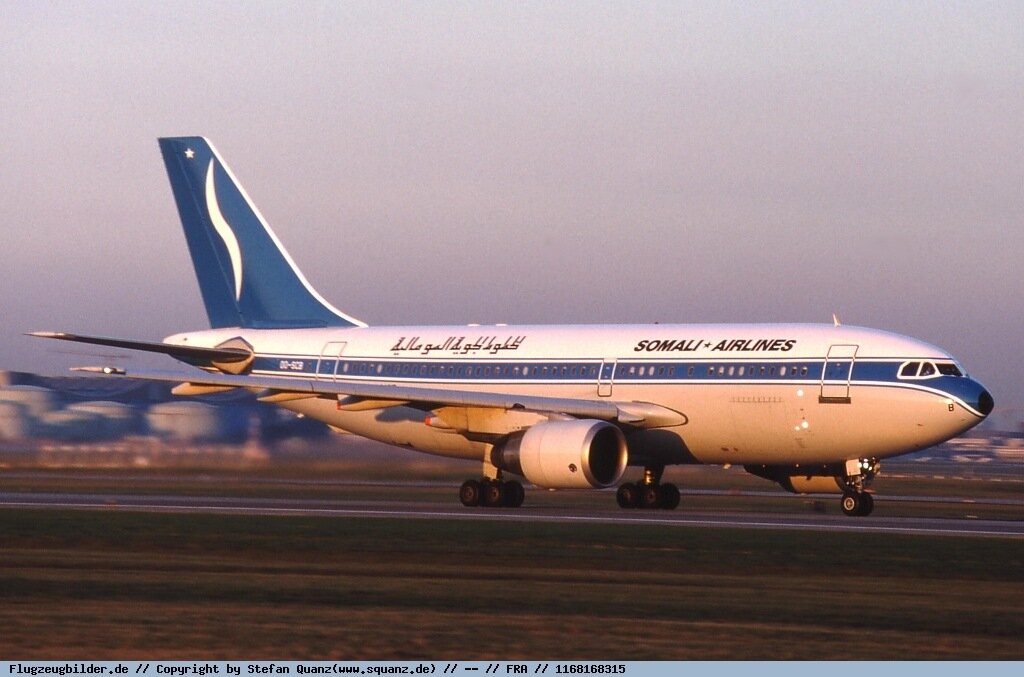He’s ruled Uganda for 31 years. With five presidential terms in office, Yoweri Museveni is surrounded by controversies related to freedom of speech, human rights, allegations of nepotism, and even the killing of Ugandan citizens.
But President Museveni claims Uganda is the most democratic country in the world and that he is leading his people out of poverty and to an even better future.
At 72, though, he’s three years away from the constitutional age limit to serve as President. But there is already speculation he will try to change that limit so he can get around it.
We’ll discuss all of this in an exclusive interview as he visited the State of Qatar.
Yoweri Museveni, President of Uganda, Talks to Al Jazeera.
Al Jazeera: Human Rights Watch, in its latest report, criticised Uganda’s government’s dealings in terms of human rights. Suppression of free speech, putting dissidents in jail … we have the case of Stella Nyanzi who is still in jail just because she expressed herself. We also have the opposition leader who has been in jail several times. We have the government cracking down on opponents and preventing people from rallying freely. By law, more than five people should have the consent and agreement of the police before they can express themselves in the street.
Yoweri Museveni: Uganda is one of the most democratic countries in the world. In terms of free speech, we have something like 250 private radios, which say whatever they want. We have so many television stations, private … I don’t know how many you have here in Qatar, private ones … maybe you can tell me. I only see Al Jazeera. But for us, we have so many. The empowerment of women – many women compared to other countries – in leadership.
Al Jazeera: Why is activist Stella Nyanzi still in jail just because she expressed herself?
Museveni: If you are an activist and you commit an offence, because with human rights you must also speak of the rights of others, you cannot trample on the rights of others, and you say “it is my right to abuse other people”, to insult other people … no. Rights go with responsibilities – if you know anything about democracy.
Al Jazeera: More than just jail and cracking down on dissent, we have bloodshed in Uganda. In western Uganda, in Rwenzururu, just a few months ago, more than 100 people were killed by security forces who attacked a traditional cultural kingdom in the area, saying that that place had “terrorists” inside. What do you say to this?
Museveni: That issue is in court and according to our law, when something is in court I am not allowed to comment. The court will tell us whether those people were arrested for nothing or not.
Al Jazeera: We are talking about those who were killed, not those who are in court.
Museveni: Yes, even those who were killed. Were they killed for no reason – we shall find out from the court. It is in the court now. We call it the principle of sub judice. If I start saying they were wrong, they were this, they were that … then I’m interfering with the court. What I can tell you is since the matter is in the court, bring all your cameras, come to the court and film what they say. I invite you.
Al Jazeera: But we here, and the international audience of Al Jazeera, want to know what happened and we won’t be in court to see it. We want you, Mr President, to explain to us why you sent your troops to that area, to Kasese, to kill more than 100 people.
Museveni: Because they were breaking the law.
Al Jazeera: In what way? They were just guarding the palace [home of Omusinga Mumbere, king of the cultural institution] and they didn’t have any weapons.
Museveni: In Uganda, we’ve got many kings. They are not guarded by militias. They are guarded by the national army.
Al Jazeera: According to our facts, those people were killed and the king was persecuted because they were opposed to the president in the election. Because they are not pro-the ruling government.
Museveni: Not at all, and there are so many [opposed to the ruling government]. If they opposed the president, then what was the militia doing? Do political parties have militias?
Al Jazeera: Mr President, it seems that Ugandans are a little fed up with you because we are reading a lot of reports about this Facebook revolution. People are trying to go to the streets even though they are prevented and they are afraid, of course, of the security forces. They want to create something like the Arab Spring in Uganda. They are fed up because it has been more than three decades of your leadership and term after term after term, it is only one man ruling the country and the world around Uganda has changed. All presidents around Uganda have gone. Do you agree with me that there is a little bit of fatigue with your leadership?
Al Jazeera




 The Auditor General of Puntland State of Somalia Jama Mohamed Osman has ordered all bank accounts used by the state’s ousted cabinet...
The Auditor General of Puntland State of Somalia Jama Mohamed Osman has ordered all bank accounts used by the state’s ousted cabinet...


